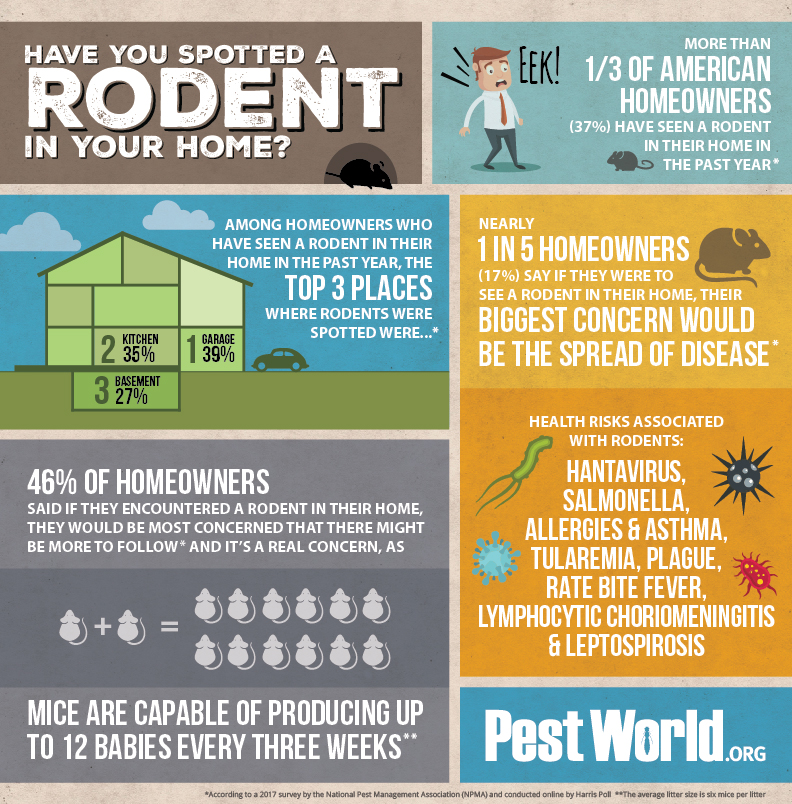Are you tired of relying entirely on sprays to deal with parasites in your home or workplace? While sprays can work, pest control specialists have established advanced strategies that exceed just splashing chemicals.
These methods not only provide much more reliable and durable remedies, however also focus on reducing the use of hazardous pesticides. By discovering these sophisticated strategies, you will uncover an entire brand-new world of pest control methods that are not only reliable, yet also environmentally friendly.
So, are you all set to take your pest control video game to the next level?
Integrated Insect Management (IPM)
If you're trying to find an effective and environmentally-friendly approach to pest control, Integrated Bug Monitoring (IPM) is the option you need. IPM focuses on long-lasting avoidance and management of parasites, instead of merely relying upon pesticides. This method takes into consideration the details demands and actions of insects, as well as the surrounding setting.
By utilizing a combination of strategies such as biological control, environment manipulation, and targeted pesticide use, IPM intends to lower the reliance on chemical therapies and decrease injury to non-target microorganisms.
One crucial element of IPM is monitoring and identifying pests precisely. This involves on a regular basis inspecting and evaluating the pest population, along with recognizing the specific types present. By comprehending the biology and habits of insects, bug control professionals can develop targeted strategies to interrupt their life process and decrease their numbers.
An additional vital aspect of IPM is making use of non-chemical control techniques whenever possible. This can consist of physical obstacles, such as installing displays or securing splits and holes, to stop insects from entering structures. In addition, social techniques, like proper hygiene and waste monitoring, can assist eliminate parasite food resources and breeding premises.
When pesticides are essential, IPM focuses on using them judiciously and as a last resort. This indicates choosing the least hazardous and most efficient alternative, applying it precisely and just to impacted locations, and complying with all safety and security standards. By lessening chemical use, IPM decreases the prospective dangers to human health and wellness and the setting.
Biological Control
To further enhance the effectiveness of Integrated Parasite Monitoring (IPM), the following subtopic we'll explore is the approach of organic control. simply click the next document uses natural killers or parasites to manage insects.
Here are 4 crucial facets of organic control:.
1. Intro of all-natural enemies: In this method, beneficial insects or microorganisms are introduced to the area infested with bugs. These natural opponents victimize the parasites, aiding to minimize their population.
2. Preservation of natural opponents: As opposed to introducing brand-new organisms, this technique concentrates on creating a suitable environment for existing useful insects. This can be achieved with giving food, shelter, and water resources.
3. Enhancement: Right here, the variety of natural opponents is increased unnaturally by reproducing and launching them into the infested location. This assists to swiftly reduce the pest populace.
4. Push-pull method: This technique incorporates repellents and attractants to adjust the behavior of parasites. Repellents press parasites away from crops, while attractants lure them towards catch plants or locations where they can be quickly managed.
Environment Adjustment
Environment alteration plays an essential duty in insect control by altering the setting to dissuade insect infestations. By making changes to the physical attributes of an area, you can create an unwelcoming atmosphere for pests, making it harder for them to endure and prosper.
One typical approach of habitat adjustment is removing or lowering potential food resources for insects. This can include appropriate waste management, sealing containers, and tidying up food crumbs.
Additionally, removing or decreasing locations of standing water can help manage pests like insects.
Transforming the landscape by trimming trees and hedges away from buildings can additionally stop parasites from accessing your property.
Conclusion.
So there you have it - the innovative strategies made use of by pest control experts exceed simply splashing chemicals. Integrated Insect Management (IPM) combines various approaches to successfully control parasites, while organic control takes advantage of natural opponents to maintain insect populaces in check.
Habitat alteration additionally plays an essential function in protecting against parasite problems.
Did you recognize that according to a study, applying IPM methods decreased chemical usage by approximately 71%? This not just secures our health and wellness and the environment yet also saves cash in the long run.
